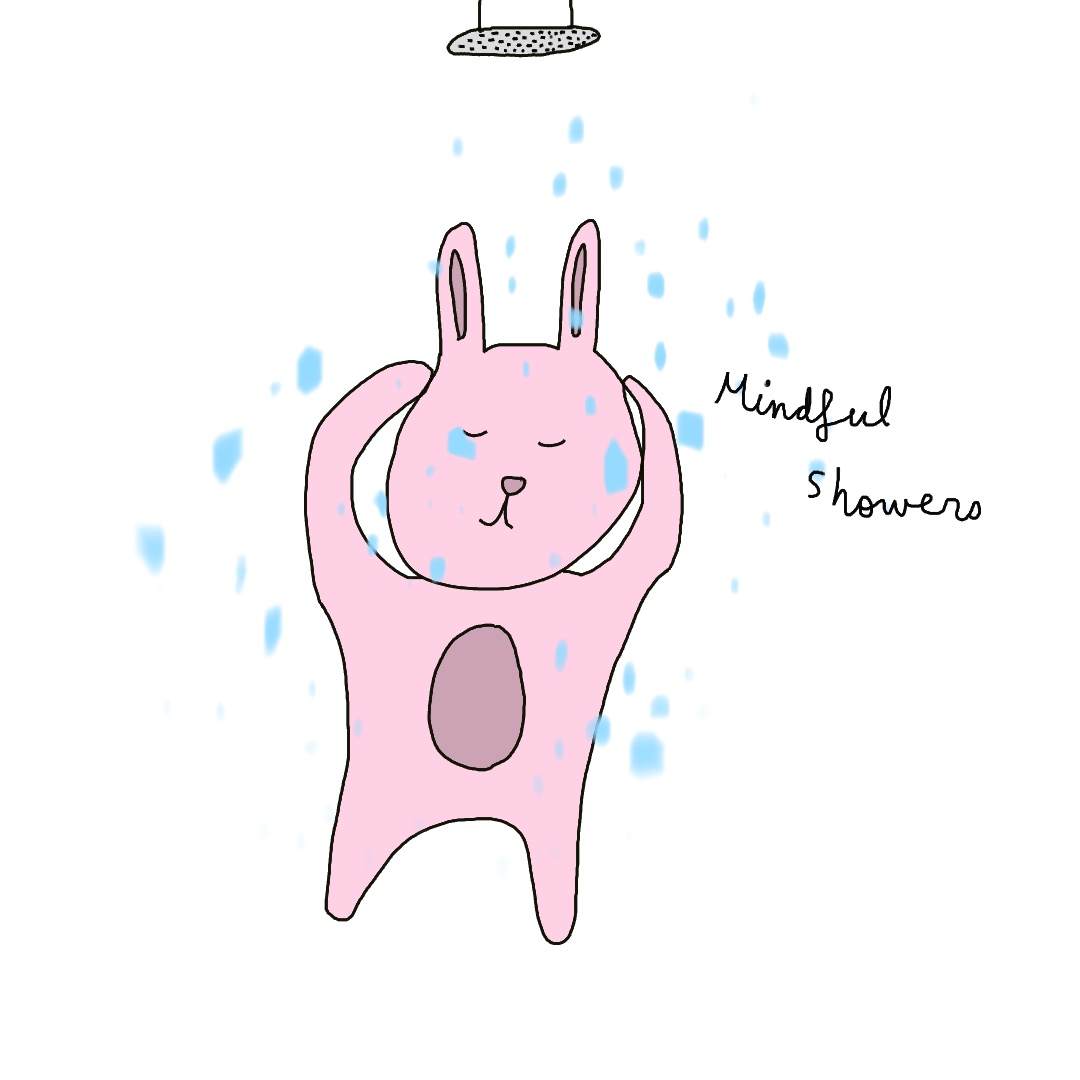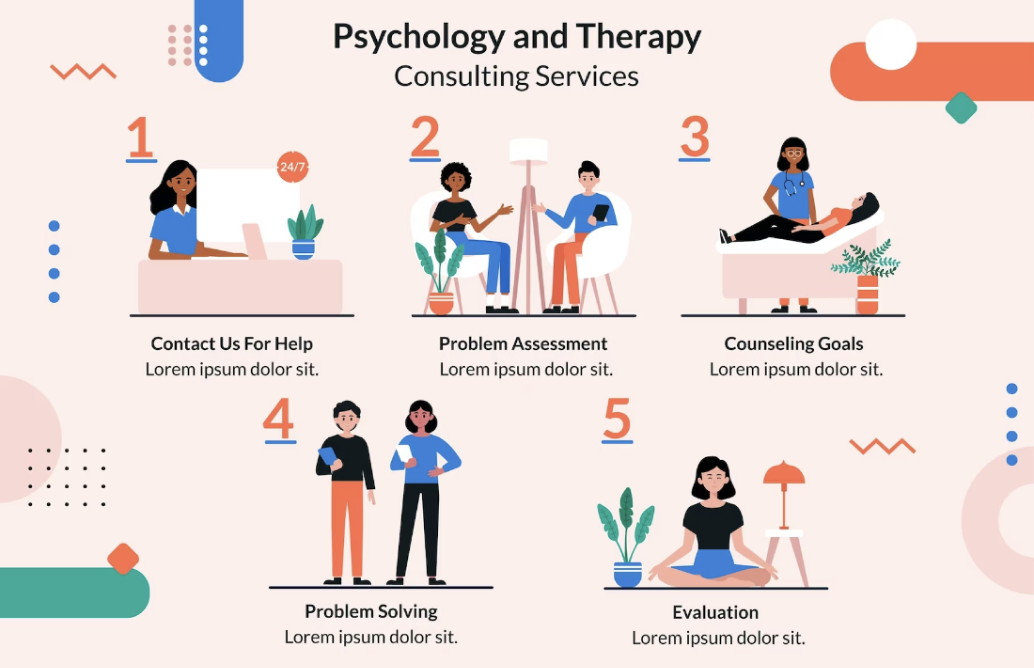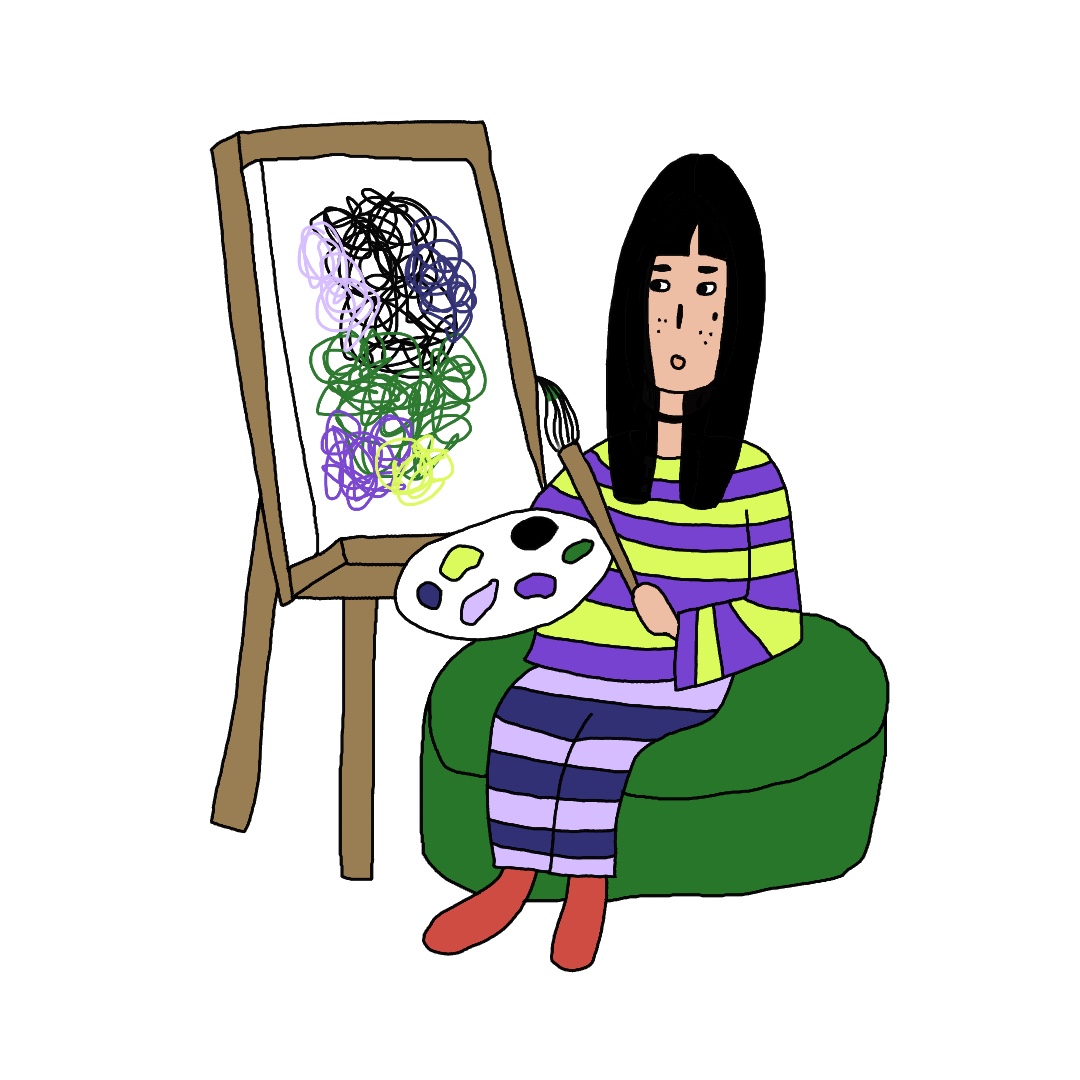In recent years, the concept of dopamine detoxing has gained traction in self-help and wellness circles on social media. But are they legit or just another fad?
What is a dopamine detox?
Dopamine detoxes—also known as dopamine fasting—refers to limiting unhealthy or problematic behaviors such as internet use, gaming, shopping, emotional eating, recreational drug use, porn/masturbating, and other thrill/novelty-seeking activities. The idea is then to replace these behaviors with alternatives that are more supportive of mental health, such as journaling, meditating, taking walks outside, prioritizing fitness and other kinds of movement, and reading.
Note that “unhealthy” behaviors aren’t inherently problematic on their own, but can be problematic in exacerbating symptoms of existing mental health conditions. What is considered healthy is subjective and what someone considers healthy might look unhealthy to you. That’s why for this article we’ll be using unsupportive as a way to describe behaviors that might not support your mental health journey; likewise, we’ll be using “supportive” to describe behaviors that might support your mental health. Additionally, it’s important to mention that dopamine detoxes aren’t intended as an evidence-based treatment for substance use disorders or other kinds of addiction.
While there is merit to adopting supportive habits, detoxes’ can be merely fads without substantial medical evidence behind them. In this article, we’ll explore the myths and misconceptions surrounding dopamine detoxes. We’ll also offer alternative healing tools if dopamine detoxes aren’t right for you.
Understanding dopamine
Dopamine is a neurotransmitter in the brain that plays a crucial role in regulating mood, motivation, and reward-seeking behaviors. It’s involved in everything from experiencing pleasure to staying focused and motivated. When it comes to detoxing or fasting from dopamine, we’re often culturally referring to removing rewarding our brains with pleasure for potentially unsupportive behaviors (i.e. doom scrolling TikTok while ignoring responsibilities).
However, the goal isn’t to necessarily stop unsupportive behaviors entirely forever and hack ourselves into supportive habits. The regulation of dopamine is far more complex than simply detoxing it from our systems. It’s important to recognize that dopamine levels fluctuate naturally throughout the day and are influenced by a variety of factors, including genetics, environment, and mental health.
Let’s rewind with the original intention behind dopamine detoxing. According to Harvard University, the dopamine fast was created by California psychiatrist Dr. Cameron Sepah:
What Sepah intended with his dopamine fast was a method, based on cognitive behavioral therapy, by which we can become less dominated by the unhealthy stimuli — the texts, the notifications, the beeps, the rings — that accompany living in a modern, technology-centric society. Instead of automatically responding to these reward-inducing cues, which provide us with an immediate but short-lived charge, we ought to allow our brains to take breaks and reset from this potentially addictive bombardment. The idea is that by allowing ourselves to feel lonely or bored, or to find pleasures in doing simpler and more natural activities, we will regain control over our lives and be better able to address compulsive behaviors that may be interfering with our happiness.
Dopamine detoxing (or fasting) can be a tool to help us get back on track with supportive habits. Maybe you’re drawn to doom scrolling on social media at night and are looking to replace that habit with something more relaxing like reading a romance novel or listening to a bedtime meditation. Dopamine detoxing falls into murky territory when we expect ourselves to live this way long-term, especially in an uptight, restrictive, and unrealistic way.
The problem with dopamine detoxes
Despite the allure of a quick fix, dopamine detoxes oversimplify the complex nature of brain chemistry and mental health. There’s a pervasive myth that detoxing dopamine can “reset” or “hack” the brain or cure mental health issues, but the scientific evidence simply doesn’t support these claims.
In fact, the idea of detoxing dopamine can perpetuate harmful misconceptions about mental health and contribute to feelings of inadequacy or failure when the promised benefits fail to materialize. At the end of the day, dopamine detoxing is merely a method. Similar to different modalities of therapy, there’s not a one-size-fits-all solution that works for everyone. Additionally, rigid protocols—especially when stopping habits without replacing them—can lead to feelings of guilt, shame, and failure if you’re unable to stop engaging in unsupportive activities on your own. It’s crucial to emphasize the importance of moderation, balance, and individualized approaches to managing dopamine levels and promoting mental well-being.
All this to say, if you find dopamine detoxing helpful and supportive of your mental health journey, that’s okay, too. Just like other mental health tools, what works for you might not work for someone else; likewise, what works for someone else might not work for you.
Alternatives to dopamine detoxes
There’s absolutely some merit to the idea behind dopamine detoxes. If you’re self-aware of engaging in unsupportive activities regularly, it’s wise to want a change. Even reading this article demonstrates your willingness to change the situation.
Instead of chasing after the elusive promise of a dopamine detox, there are alternative strategies for supporting mental health that focus on holistic well-being. Practices such as mindfulness, exercise, and social connection have been shown to promote dopamine regulation and emotional resilience. Additionally, seeking support from mental health professionals, such as therapists or counselors, can provide personalized guidance and support for managing unsupportive behaviors.
Looking for a therapist to help you understand unsupportive behaviors? Book a free discovery call today to see if Kip Therapy is right for you!




